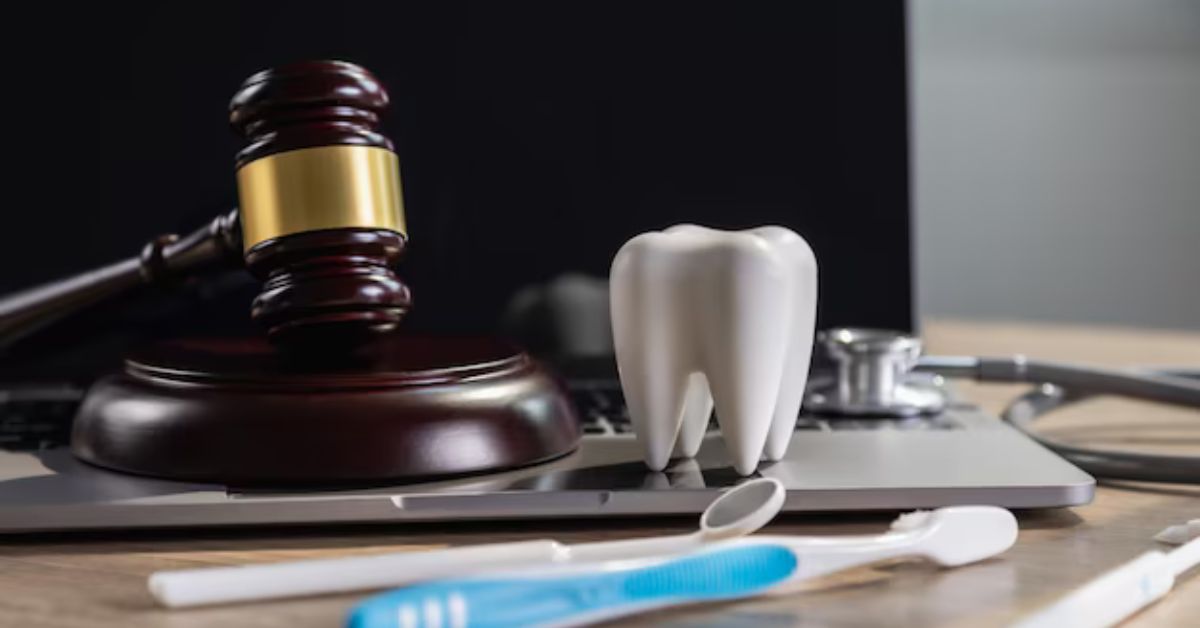
In the healthcare world, one of the most critical aspects of patient care is confidentiality. In dentistry, patient confidentiality laws are especially important to protect patients’ personal and medical information. These laws are designed to ensure that sensitive data remains private, whether it pertains to routine check-ups or more complex procedures such as dental implants in League City. By understanding patient confidentiality laws, dental professionals can safeguard their practice and maintain trust with their patients. In this article, we’ll dive deep into the specifics of these laws, the penalties for non-compliance, and best practices for maintaining confidentiality in a dental setting.
What Are the Laws That Govern Patient Confidentiality in Dentistry?
The most significant law that governs patient confidentiality is HIPAA, which sets strict rules about the sharing and protection of patient information in the United States. Under HIPAA, dental offices must have systems in place to ensure all patient data is securely stored and only shared with authorized personnel. Additionally, each state may have its own set of regulations that further emphasize the protection of patient information.
The Dental Practice Act is another regulation that varies from state to state, and it provides specific guidance on maintaining patient confidentiality within the context of dentistry.
What Happens When These Laws Are Violated?
When confidentiality laws are breached, there can be serious consequences for both the dental practice and the individual responsible. Violations can lead to civil penalties, criminal charges, and a loss of the dental professional’s license. For example, if patient information is shared without proper consent, it could lead to a lawsuit, heavy fines, and public damage to the practice’s reputation. This makes it crucial for dental professionals to stay compliant with all laws and regulations.
Practical Guidelines for Maintaining Confidentiality in Dentistry
Dentists and their staff must implement several key practices to safeguard patient information. This includes securely storing patient records, using encryption for digital data, and training all team members on HIPAA regulations and privacy best practices. Additionally, dental offices must ensure that only authorized personnel have access to patient records and that there are clear protocols for sharing information when necessary.
Case Studies of Breaches and Their Consequences
Real-life breaches can highlight the importance of patient confidentiality in dentistry. One example is the unauthorized sharing of patient medical records, which can lead to severe legal consequences and damage to a dental practice’s reputation. Another common breach occurs through social media when dental professionals or staff members post about their patients or cases without obtaining consent. To avoid these issues, dental professionals should maintain a strict policy regarding the use of social media and ensure that patient information is never disclosed inappropriately.
How Patient Confidentiality Affects Different Areas of Dentistry
In Routine Dental Care
Every dental visit, whether for a routine cleaning or check-up, involves personal information. Dentists must handle this information with care, ensuring it remains protected.
In Advanced Procedures like Dental Implants in League City
Procedures like dental implants require a deeper level of patient information, including medical history, allergies, and detailed treatment plans. The nature of these procedures makes confidentiality even more crucial. Whether the treatment takes place in League City or any other location, ensuring the privacy of the patient’s data is paramount.
Conclusion
Patient confidentiality is not just a legal requirement; it is an ethical duty that plays a crucial role in maintaining the trust and safety of patients. By following the laws, dental professionals can prevent breaches, protect their practices, and ensure that patients continue to feel safe and respected when seeking dental care.
FAQs
1. What are the key laws related to patient confidentiality in dentistry?
The key laws include HIPAA (Health Insurance Portability and Accountability Act) and various state-specific regulations that ensure the protection of patient health information.
2. What are the penalties for violating patient confidentiality laws?
Penalties can range from fines and civil lawsuits to criminal charges and the loss of professional licensure, depending on the severity of the violation.
3. How can dental practices ensure they comply with patient confidentiality laws?
Dental practices can comply by implementing secure data storage systems, providing regular staff training, and establishing clear protocols for handling patient information.
4. Can patient information be shared with family members?
Patient information can only be shared with family members if the patient has provided explicit consent. In emergency situations, some information may be shared to protect the patient’s health.
5. What are the risks of not adhering to confidentiality laws?
Not adhering to confidentiality laws can lead to legal consequences, loss of patient trust, and damage to the practice’s reputation. It may also result in financial penalties and loss of licensure.

